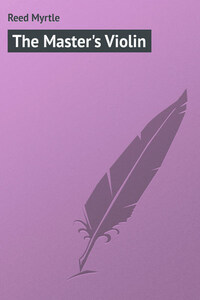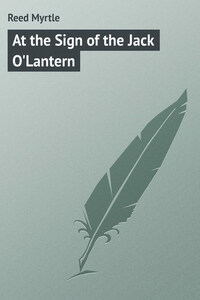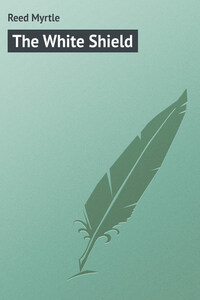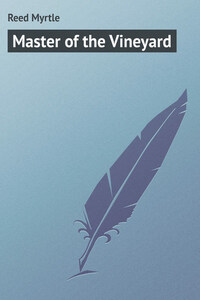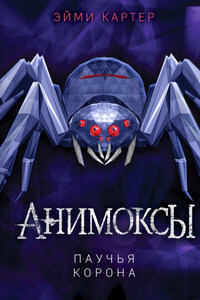The fire blazed newly from its embers and set strange shadows to dancing upon the polished floor. Now and then, there was a gleam from some dark mahogany surface and an answering flash from a bit of old silver in the cabinet. April, warm with May’s promise, came in through the open window, laden with the wholesome fragrance of growing things, and yet, because an old lady loved it, there was a fire upon the hearth and no other light in the room.
She sat in her easy chair, sheltered from possible draughts, and watched it, seemingly unmindful of her three companions. Tints of amethyst and sapphire appeared in the haze from the backlog and were lost a moment later in the dominant flame. In that last hour of glorious life, the tree was giving back its memories – blue skies, grey days just tinged with gold, lost rainbows, and flashes of sun.
Friendly ghosts of times far past were conjured back in shadows – outspread wings, low-lying clouds, and long nights that ended in dawn. Swift flights of birds and wandering craft of thistledown were mirrored for an instant upon the shining floor, and then forgotten, because of falling leaves.
Lines of transfiguring light changed the snowy softness of Miss Field’s hair to silver, and gave to her hands the delicacy of carved ivory. A tiny foot peeped out from beneath her gown, clad in its embroidered silk stocking and high-heeled slipper, so brave in its trappings of silver buckles that she might have been eighteen instead of seventy-five.
Upon her face the light lay longest; perhaps with an answering love. The years had been kind to her – had given her only enough bitterness to make her realise the sweetness, and from the threads that Life had placed in her hands at the beginning, had taught her how to weave the blessed fabric of Content.
“Aunt Peace,” asked the girl, softly, “have you forgotten that we have company?”
Dispelled by the voice, the gracious phantoms of Memory vanished. There was a little silence, then the old lady smiled. “No, dearie,” she said, “indeed I haven’t. It is too rare a blessing for me to forget.”
“Please don’t call us ‘company,’” put in the other woman, quickly, “because we’re not.”
“‘Company,’” observed the young man on the opposite side of the hearth, “is extremely good under the circumstances. Somebody nearly breaks down your front door on a rainy afternoon, and when you rush out to save the place from ruin, you discover two dripping tramps on your steps. Stranded on an island in the road is a waggon containing their trunks, from which place of refuge they recently swam to your door. ‘How do you do, Aunt Peace?’ says mother; ‘we’ve come to live with you from this time on to the finish.’ On behalf of this committee, ladies, I thank you, from my heart, for calling us ‘company.’”
Laughing, he rose and made an exaggerated courtesy. “Lynn! Lynn!” expostulated his mother. “Is it possible that after all my explanations you don’t understand? Why, I wrote more than two weeks ago, asking her to let us know if she didn’t want us. Silence always gives consent, and so we came.”
“Yes, we came all right,” continued the boy, cheerfully, “and, as everybody knows, we’re here now, but isn’t it just like a woman? Upon my word, I think they’re queer – the whole tribe.”
“Having thus spoken,” remarked the girl, “you might tell us how a man would have managed it.”
“Very easily. A man would have called in his stenographer – no, he wouldn’t, either, because it was a personal letter. He would have made an excavation into his desk and found the proper stationery, and would have put in a new pen. ‘My dear Aunt Peace,’ he would have said, ‘you mustn’t think I’ve forgotten you because I haven’t written for such a long time. If I had written every time I had wanted to, or had thought of you, actually, you’d have been bored to death with me. I have a kid who thinks he is going to be a fiddler, and we have decided to come and live with you while he finds out, as we understand that Herr Franz Kaufmann, who is not unknown to fame, lives in your village. Will you please let us know? If you can’t take us, or don’t want to, here’s a postage stamp, and no hard feelings on either side.’”
“Just what I said,” explained Mrs. Irving, “though my language wasn’t quite like yours.”
The old lady smiled again. “My dears,” she began, “let us cease this unprofitable discussion. It is all because we are so far out of the beaten track that we seldom go to the post-office. I am sure the letter is there now.”
“I will get it to-morrow,” replied Lynn, “which is kind of me, considering that my remarks have just been alluded to as ‘unprofitable.’”
“You can’t expect everybody to think as much of what you say as you do,” suggested Iris, with a trace of sarcasm.
“Score one for you, Miss Temple. I shall now retire into my shell.” So saying, he turned to the fire, and his face became thoughtful again.
The three women looked at him from widely differing points of view. The girl, concealed in the shadow, took maidenly account of his tall, well-knit figure, his dark eyes, his sensitive mouth, and his firm, finely modelled chin. From a half-defined impulse of coquetry, she was glad of the mood which had led her to put on her most becoming gown early in the afternoon. The situation was interesting – there was a vague hint of a challenge of some kind.
